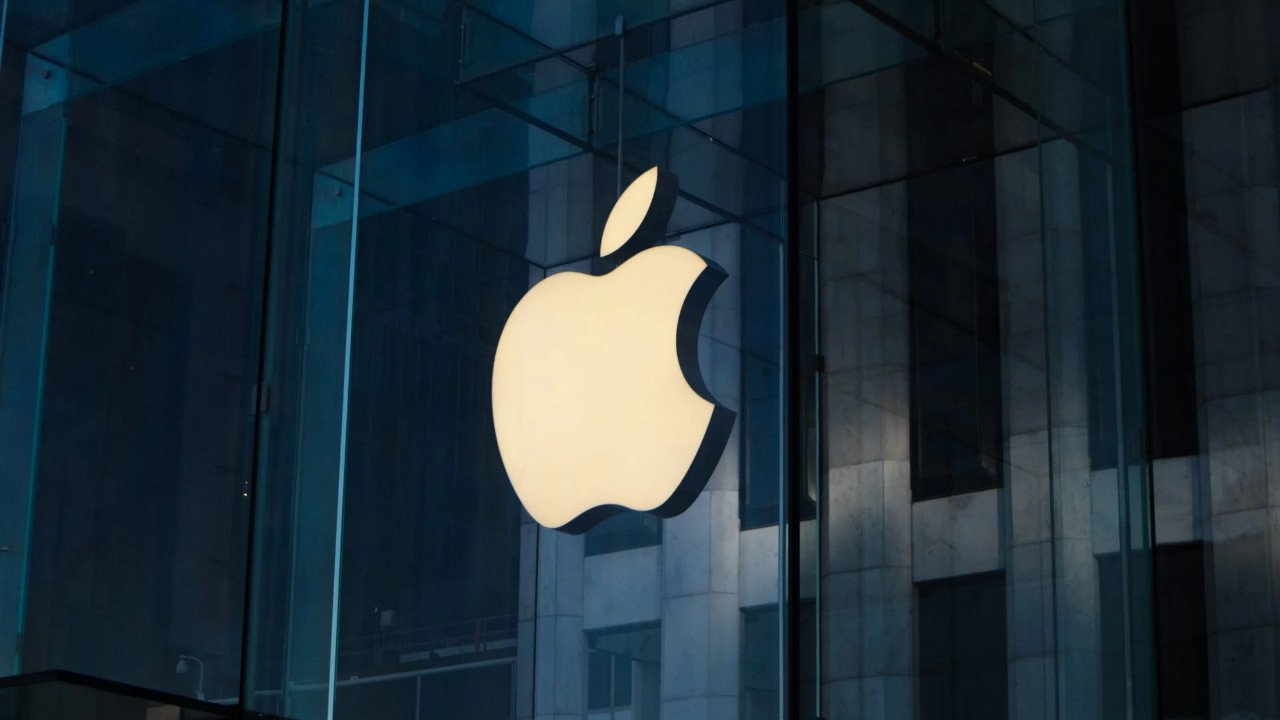A protester claiming to be an Apple employee disrupted the company’s Worldwide Developers Conference (WWDC) during a live keynote by Craig Federighi, revealing a keffiyeh and badge in a dramatic gesture that joins a rising wave of internal dissent at major tech firms. The incident echoes similar protests at Microsoft and Google events, spotlighting growing unrest over tech ethics and corporate alliances.
A Surprise on Stage at Apple’s WWDC
In an unprecedented disruption at Apple’s typically choreographed at Worldwide Developers Conference (WWDC), a man claiming to be an Apple employee briefly interrupted a live presentation by Senior Vice President Craig Federighi. The protester walked on stage during the opening minutes of the keynote, unzipping his jacket to reveal a keffiyeh and what appeared to be a company badge, before shouting statements that were mostly inaudible to the audience and livestream viewers.
The man’s outburst, which lasted roughly 30 seconds, occurred just as Federighi was introducing Apple’s new software suite to a packed auditorium of developers, media, and company staff. Security swiftly escorted the protester offstage, and Federighi continued his presentation with visible composure and no public acknowledgement of the incident.
While Apple has not issued an official statement, internal sources say the company is reviewing security protocols and access credentials to understand how the individual managed to breach the tightly controlled event environment.
FCRF x CERT-In Roll Out National Cyber Crisis Management Course to Prepare India’s Digital Defenders
A Pattern of Tech Protest Escalation
The WWDC disruption is the latest in a rising trend of high-profile protests targeting leading tech firms during flagship events. Just weeks earlier, Microsoft’s Build 2025 conference was interrupted twice, once during CEO Satya Nadella’s keynote and again during a product session, by employees shouting “Free Palestine” slogans and denouncing corporate military contracts.
The protest at Apple, though more subdued in message delivery, bore similar visual cues and staging: an employee calling out internal grievances in public view, leveraging the global visibility of a livestreamed corporate event to amplify dissent. The presence of a keffiyeh, a symbol often associated with Palestinian solidarity, further linked the action to broader geopolitical critiques within tech workplaces.
Activists inside tech companies have increasingly questioned their employers’ ethical stances, partnerships with defence contractors, and responses to global humanitarian crises. Analysts suggest these disruptions represent a growing rift between corporate leadership and a socially conscious workforce.
Viral Reactions and the Cost of Silence
Footage of the incident, widely shared on platforms like X (formerly Twitter), TikTok, and Reddit, has reignited debates over employee activism, freedom of expression within corporate structures, and the role of tech giants in global affairs. Users were quick to frame the moment as one of the most daring acts seen at a WWDC, comparing it with past quiet discontent during Google’s I/O and Amazon’s re: MARS events.
Several attendees later reported increased security presence throughout the venue. Experts now expect that Apple, known for its meticulous event curation, may adopt stricter credentialing and stage access procedures in future editions of WWDC.
Insiders suggest that while tech leaders attempt to refocus on innovation and product strategy, they can no longer sideline mounting calls for ethical clarity and transparency from within. The protest at WWDC 2025 may have lasted less than a minute, but its impact is likely to echo for months in boardrooms and pressrooms across the industry.
About the author – Prakriti Jha is a student at National Forensic Sciences University, Gandhinagar, currently pursuing B.Sc. LL.B (Hons.) with a keen interest in the intersection of law and data science. She is passionate about exploring how legal frameworks adapt to the evolving challenges of technology and justice.

